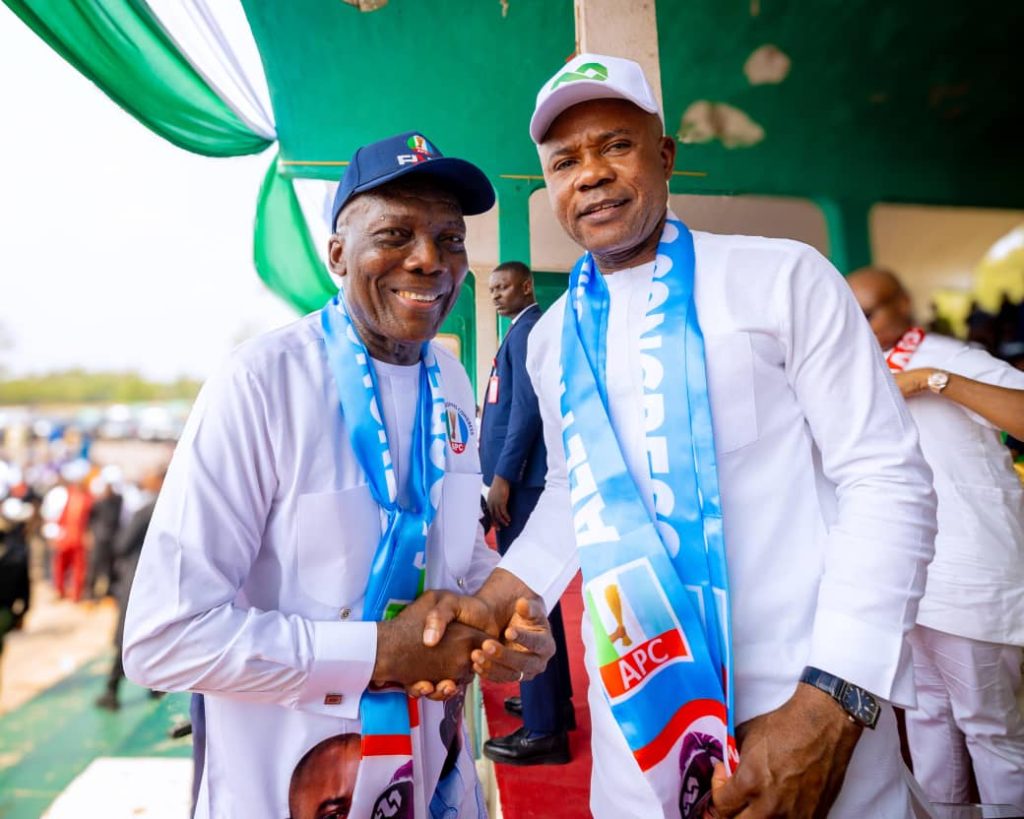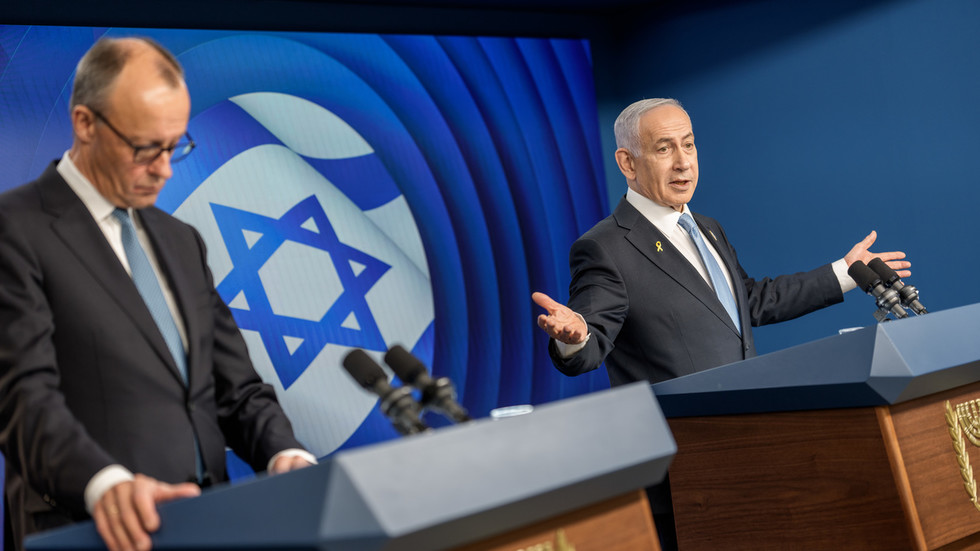Nigerian motorists are grappling with a sharp rise in petrol prices following adjustments to wholesale fuel rates by the country’s primary refinery and storage depots. Over the past 24 hours, filling stations in Abuja, including prominent outlets like Empire Energy and Ranoil, increased pump prices by up to N70 per liter, according to on-the-ground reports. One Empire Energy station in the Gwarimpa district raised its price from N905 to N935 per liter between Friday night and Saturday morning, while a nearby Ranoil outlet hiked rates from N900 to N970 per liter during the same period.
The surge stems from revised ex-depot prices—the rates at which depots sell fuel to retailers—set by Dangote Refinery and other storage operators, confirmed Chinedu Ukadike, spokesperson for the Independent Petroleum Marketers Association of Nigeria (IPMAN). In a Saturday interview, Ukadike noted that Dangote Refinery’s ex-depot price climbed to N858 per liter, up from N820 earlier in the week. Other depot operators, including NIPCO, Aiteo, and Ranoil, also raised their rates to between N855 and N870 per liter. “The adjustments reflect pressures from exchange rate fluctuations and shifts in global crude oil benchmarks,” Ukadike explained.
This reasoning comes despite recent declines in international oil markets. As of Saturday, Brent crude futures traded at $69.67 per barrel, while West Texas Intermediate crude dipped to $67.33, according to data from oilprice.com. Analysts suggest Nigeria’s reliance on imported refined fuel, coupled with a weakening local currency, may exacerbate pricing challenges even when global crude costs ease. The naira has lost significant value against the dollar in recent months, raising the expense of fuel imports and refinery operations dependent on foreign equipment and spare parts.
While the Dangote Refinery—Africa’s largest oil facility—began domestic fuel production earlier this year, its output has yet to stabilize Nigeria’s historically volatile petrol market. The latest price hike has reignited concerns about inflation and living costs in Africa’s most populous nation, where many households and businesses rely on petrol-powered generators for electricity. Authorities have not yet commented on whether policy interventions are planned to mitigate the economic strain on consumers.



